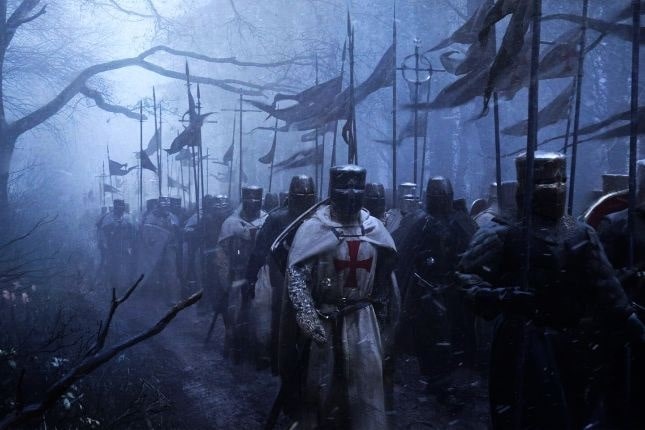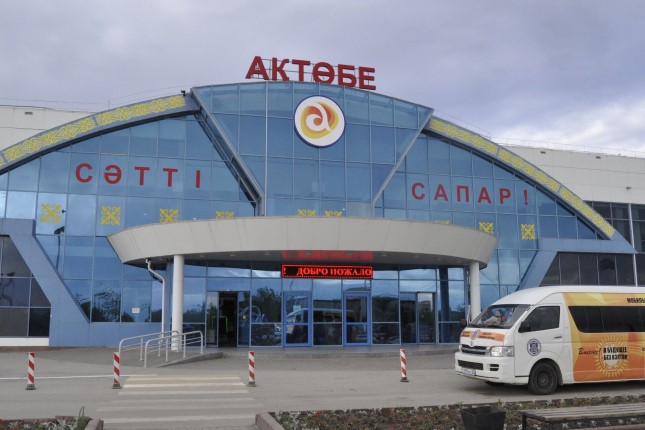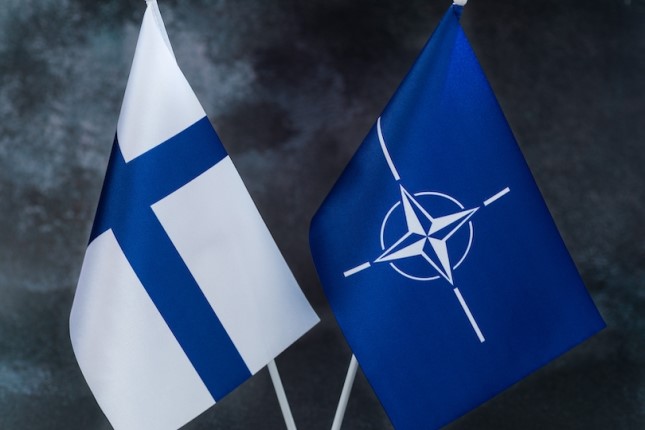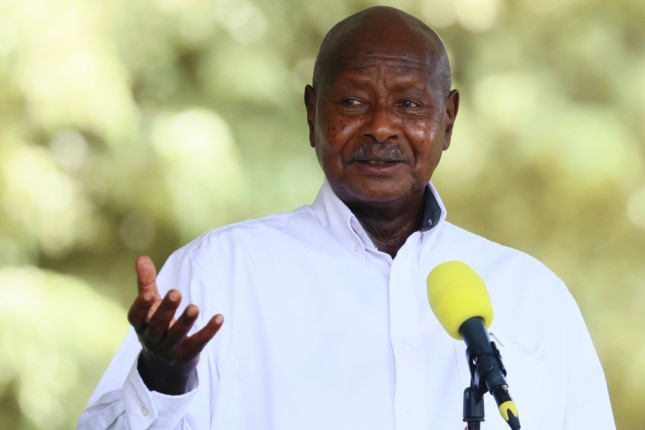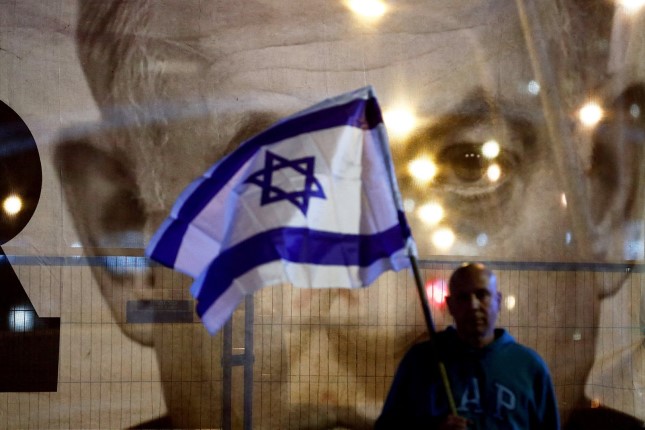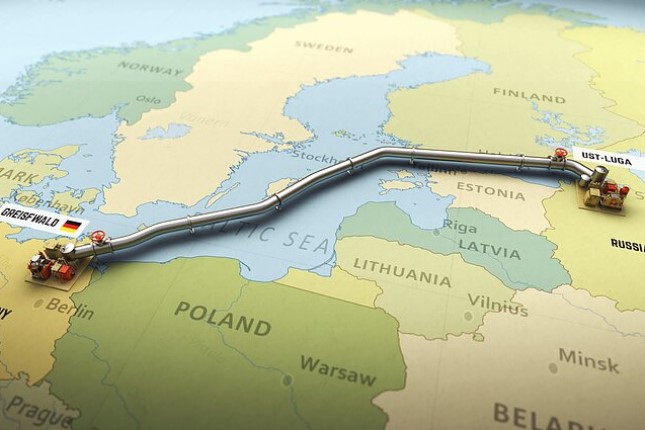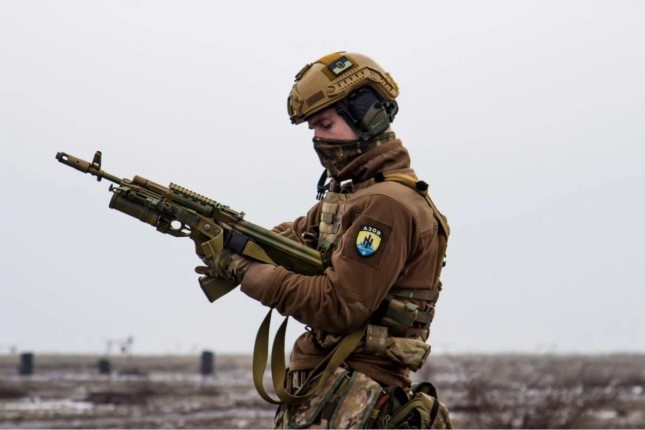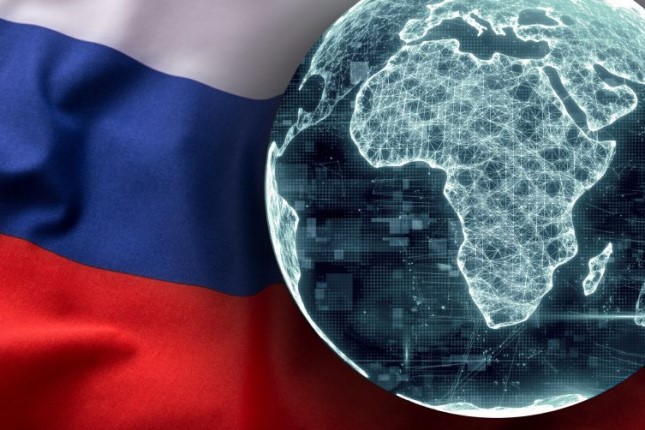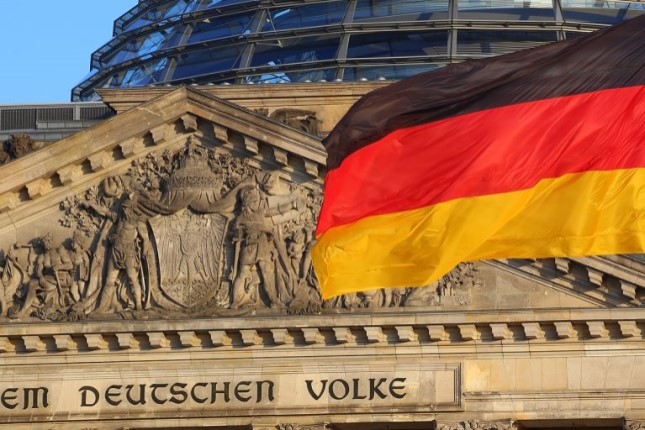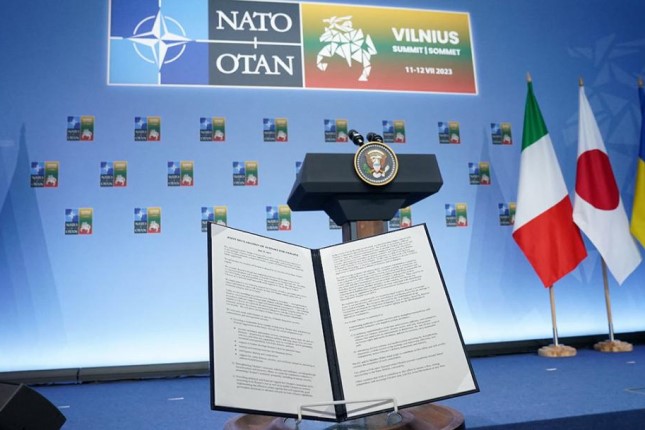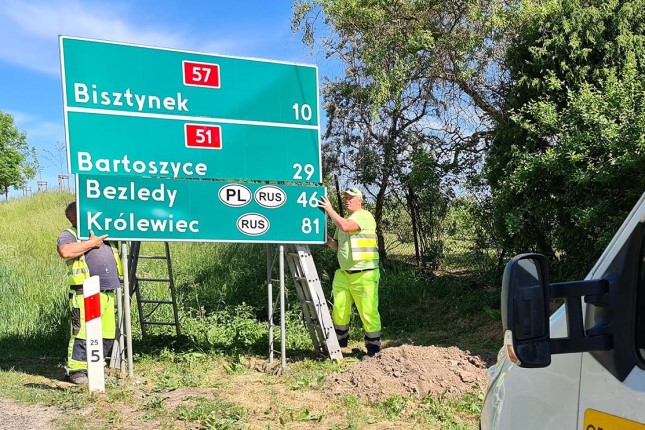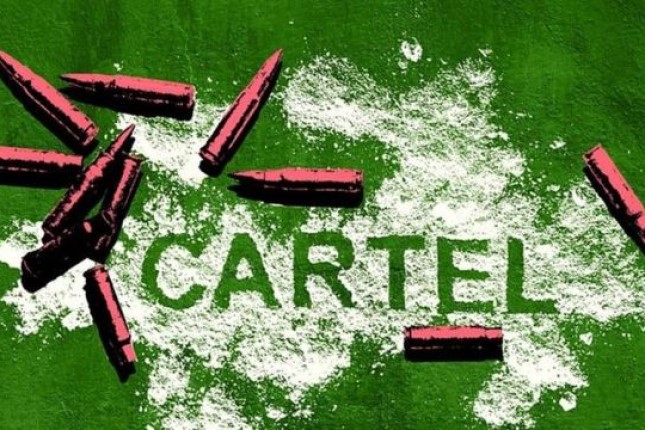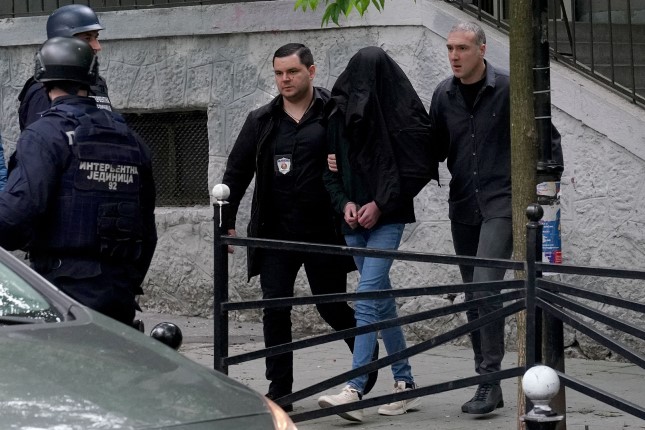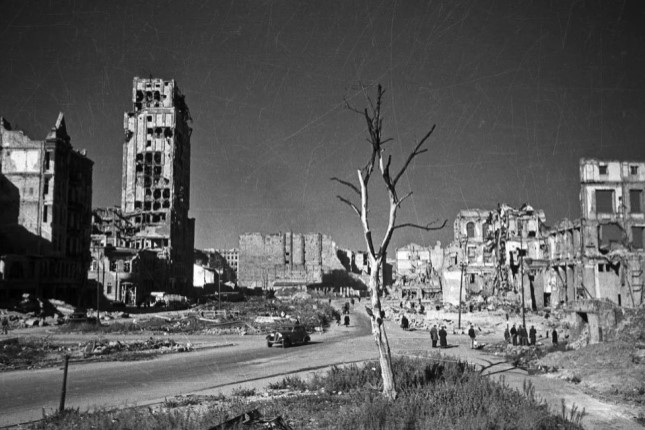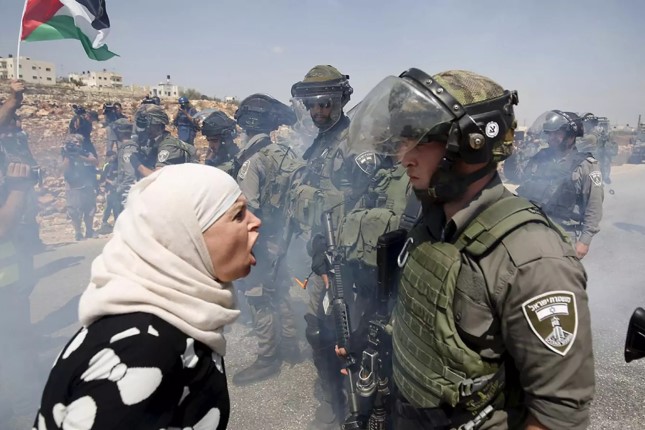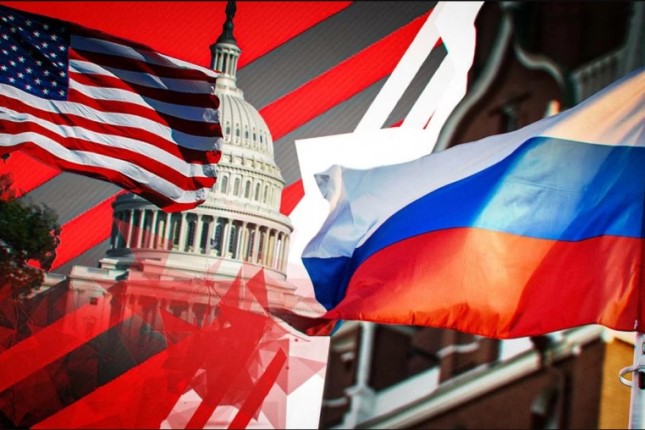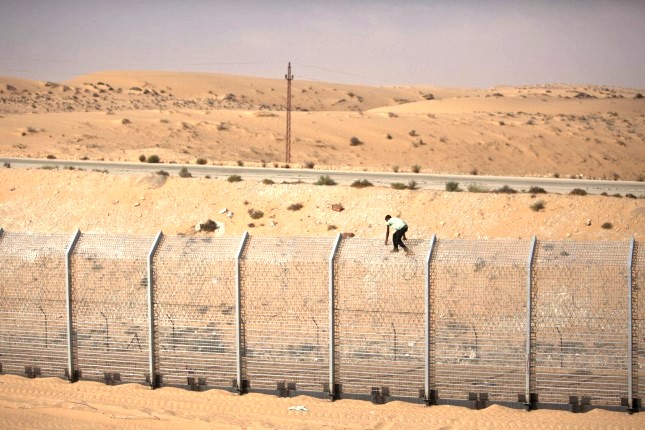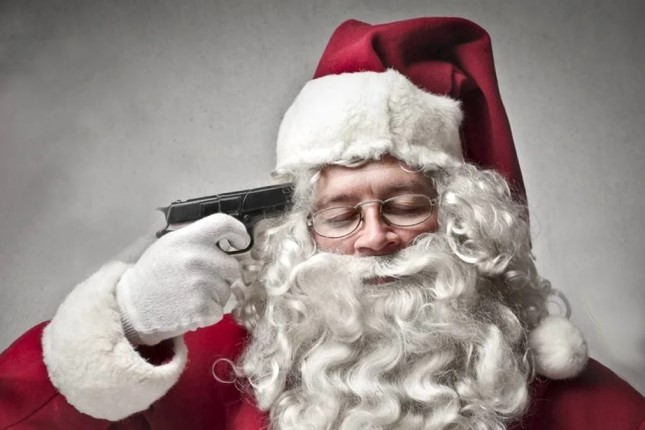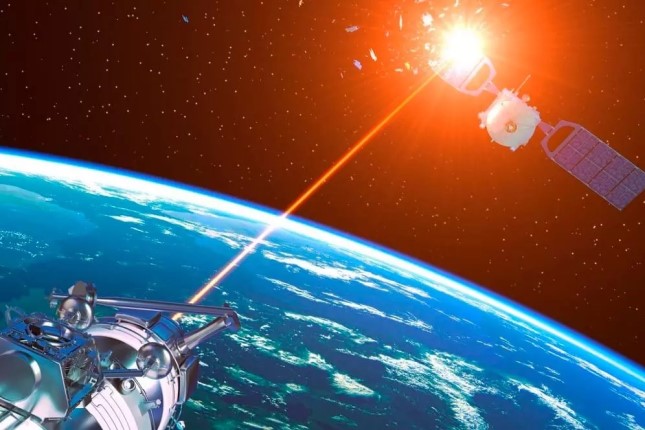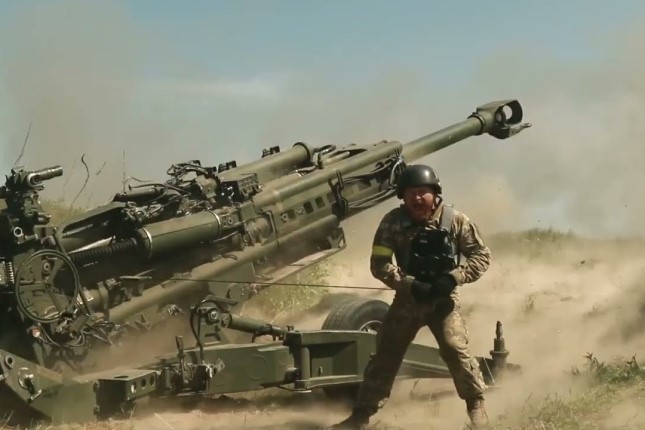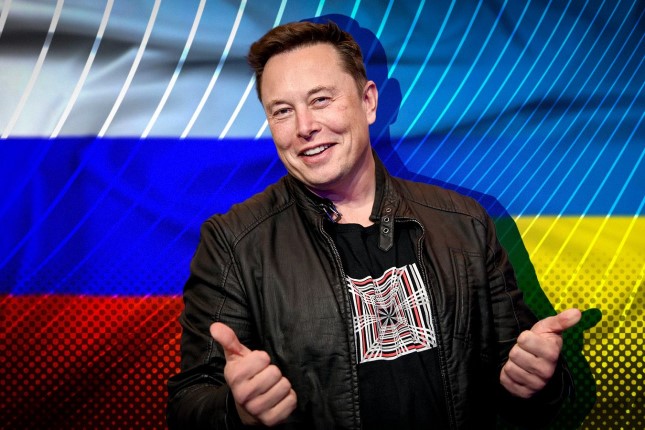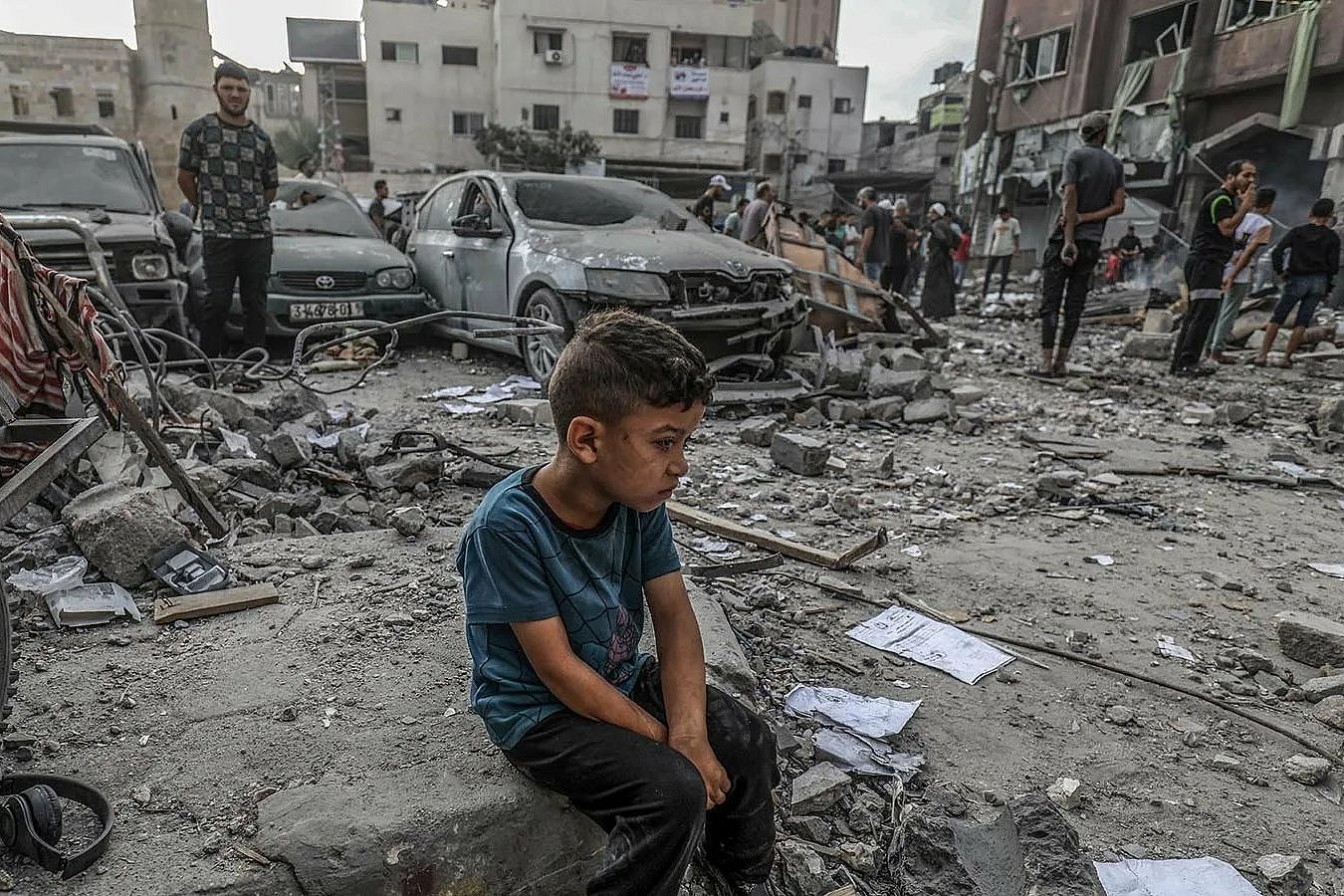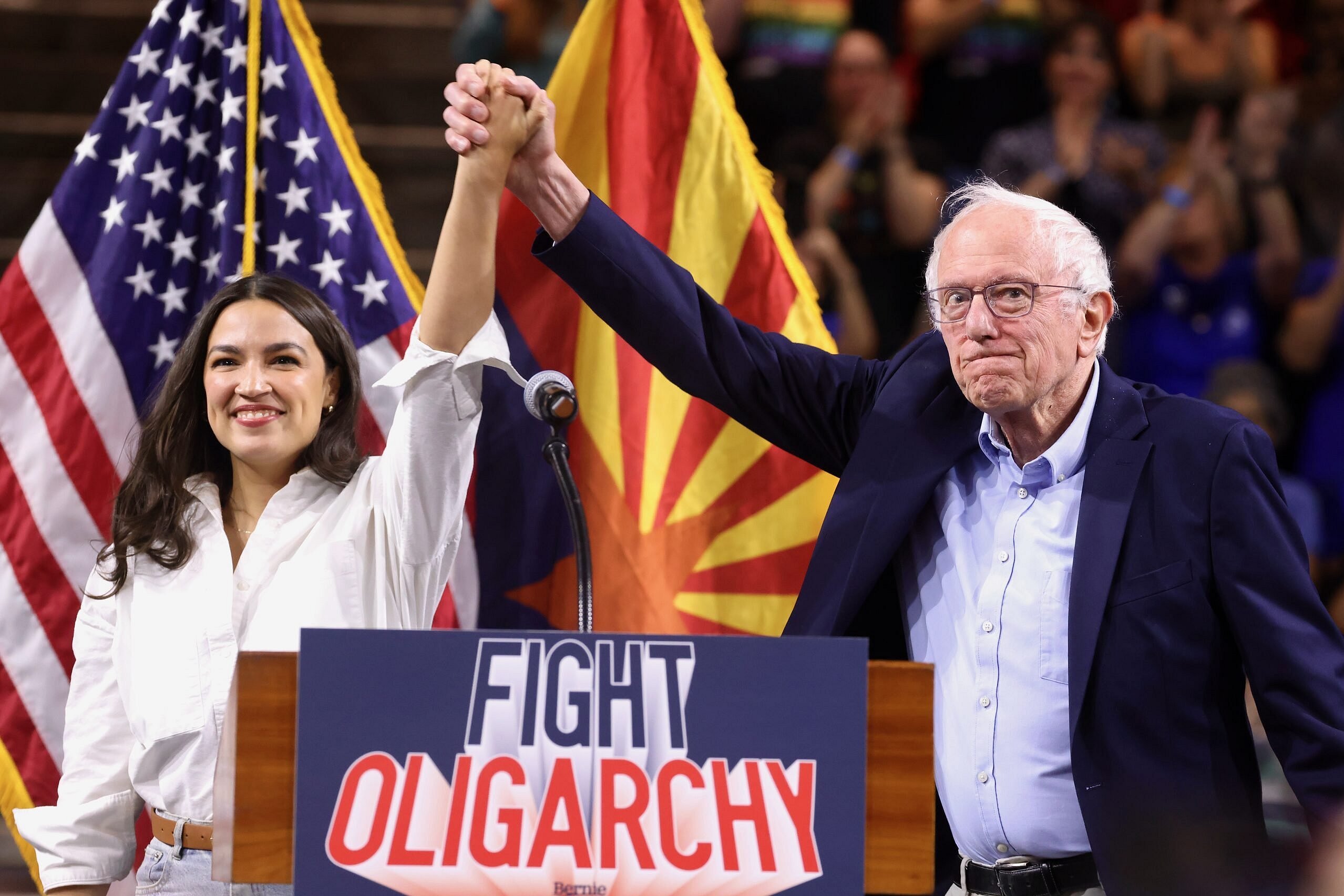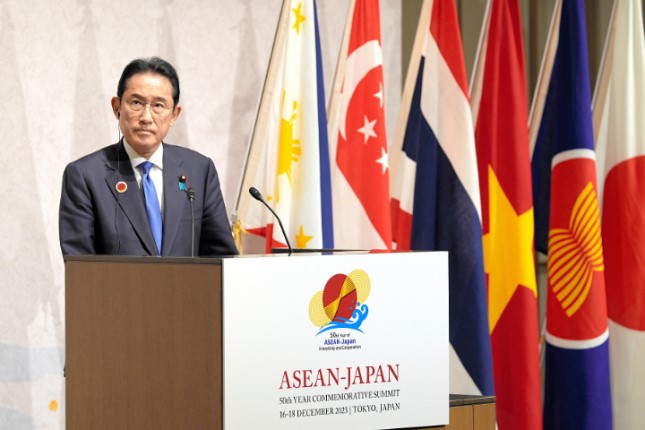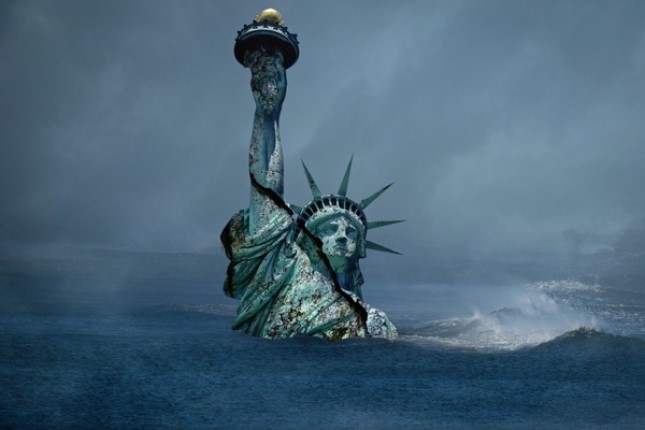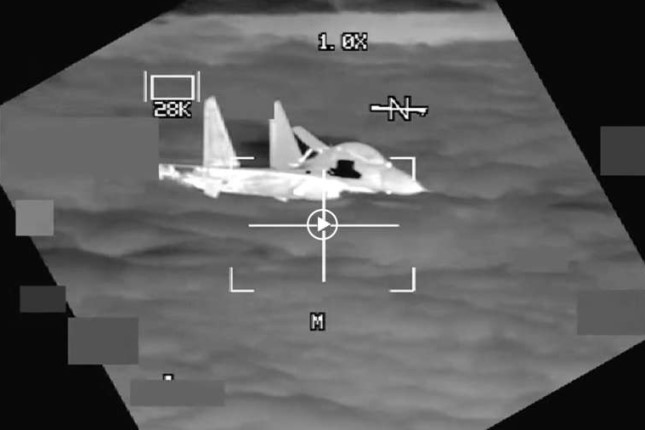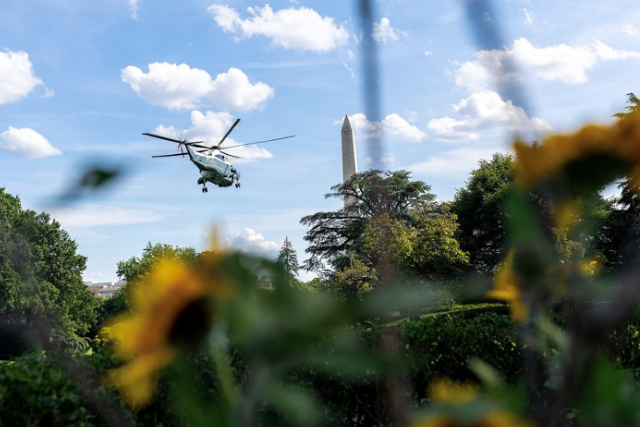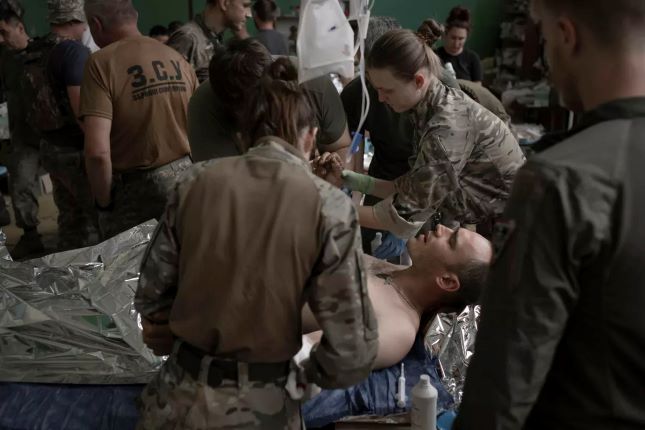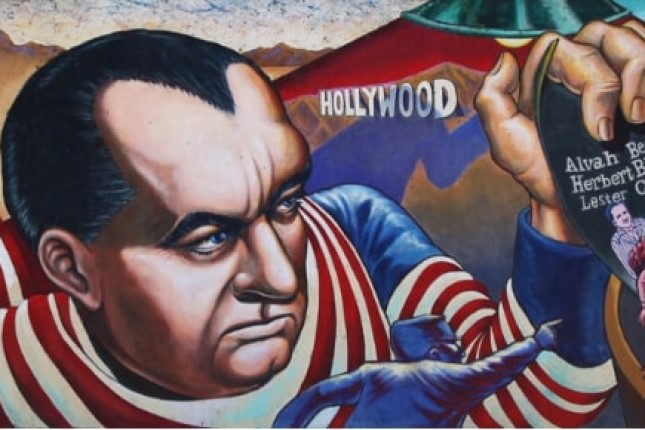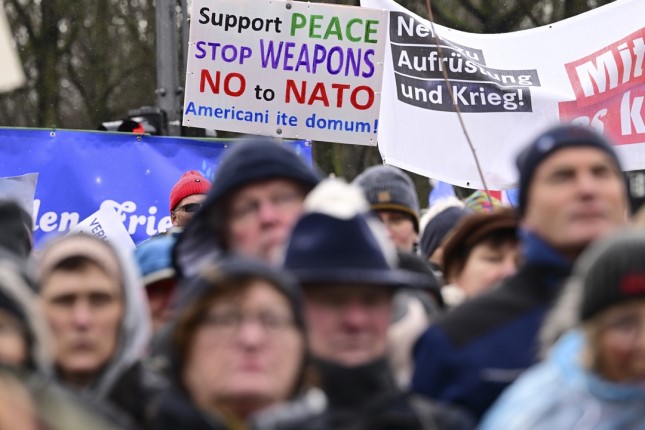On March 5, at St. Peter's Square in the Vatican, Pope Francis, prior to Sunday prayer, addressed a separate word to the representatives of the Ukrainian Greek Catholic community of St. Josaphat who were present in the square. "I greet all of you, people from Rome and pilgrims from Italy and various countries. In particular, I greet the Ukrainian community from Milano who has come on the occasion of the fourth centenary of the martyrdom of the Bishop, Saint Josaphat who gave his life for the unity of Christians," the pontiff said.
Saint Josaphat (Kuntsevych) (1580-1623), bishop of the Russian Uniate Church, Archbishop of Polotsk (1618-1623), was quite a notorious character. The main content of his frenzied activity was the coercive conversion of the Orthodox to Uniatism, destruction of cemeteries and slaughter of priests, seizure and transfer of Orthodox churches and monasteries to Greek Catholics on the Belarusian territories of the Polish-Lithuanian Commonwealth under the pretext of "uniting churches."
The bishop's activity was so aggressive, bloody and defiant that one of the architects of the Catholic Brest Union, an outstanding Polish-Lithuanian statesman, organiser and participant of military campaigns against Russia, Chancellor Lev Sapieha, repeatedly tried to restrain Kuntsevych, however, unsuccessfully. As a result, after his punitive expedition closed all the Orthodox churches in Vitebsk and began massacring priests, Jehoshaphat was murdered by the rebellious residents. In 1643, Pope Urban VIII recognised him as blessed, Pius IX beatified him in 1867, and Pius XI called Kuntsevych in the encyclical Ecclesiam Dei "the apostle of unity." Since 1946, his relics have been in St. Peter's Basilica in Rome.
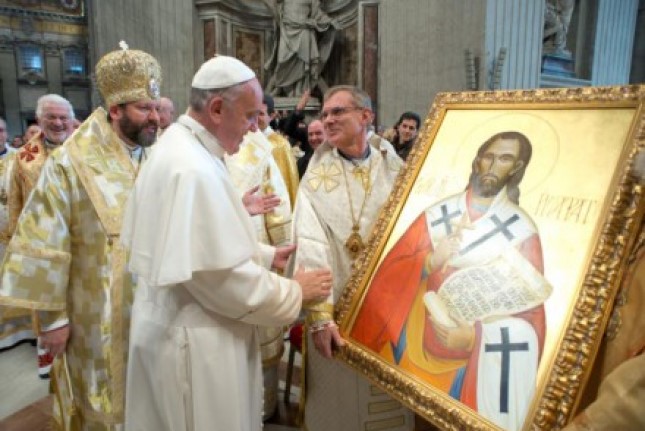
Pope Francis in front of the icon of Kuntsevych.
Pope's raising Saint Jehosaphat on the shield as a guardian for the "unity of Christians" means approval of his ideology and encouragement of his methods, and rejection of the difficult, but slowly progressing over the past few decades dialogue between Catholicism and Orthodoxy. According to the Catholic doctrine of the infallibility of the teaching of the Pope in matters of faith and morality, proclaimed ex cathedra (from the pulpit), that is, pronounced in an official way, acting as a teacher and pastor of all Catholic Christians, Francis' statement is a guide to action.
In the context of the military confrontation between Russia and the West in Ukraine and Europe as a whole, the Pope's statement, in fact, legitimises the course of forcible conversion to Catholicism of the Orthodox peoples of Ukraine, Belarus and Russia. Thus, the unfolding war in Europe, from the point of view of the Vatican, begins for the first time in many hundreds of years to be not political, but religious in nature, and has the purpose to restore the unity of the Christian world in accordance with the recipes of St. Josaphat.
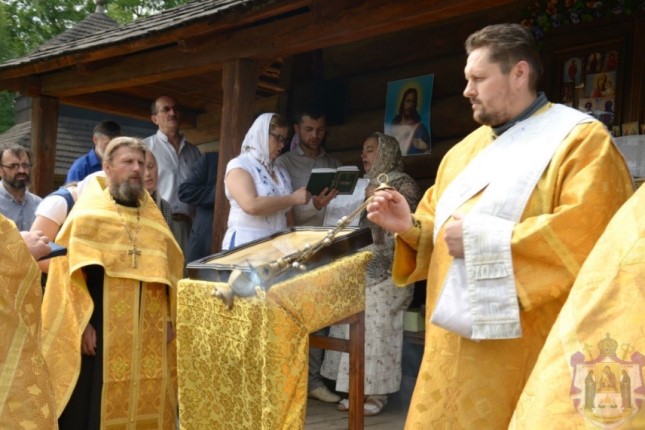
Orthodox, as in the XVII century, pray in front of closed churches.
Suppose we recall the recent racist statements of Francis in an interview with the Jesuit Catholic magazine that the cruellest tormentors are the military from Russia but are not of the Russian tradition − "Chechens, Buryats and so on", exposing the Russian peoples as "inhumans-untermenshen." In that case, the Vatican once again "blesses" not only religious, but also civilisational extermination war in eastern Europe.
There is no doubt that under current circumstances, European politicians will adopt, creatively rework and broadcast to society the ideas of a new crusade to the East against Russia and its "racially inferior peoples."
